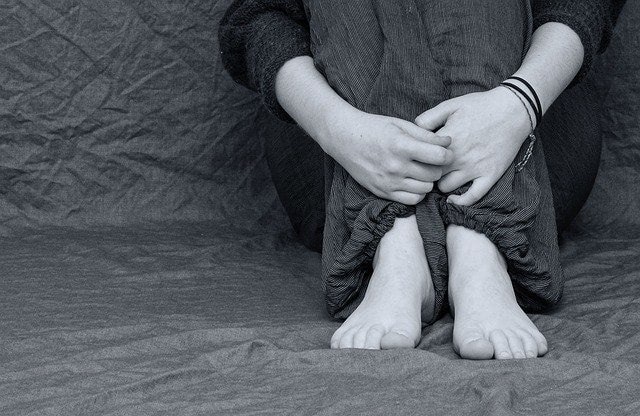Children report spike in cyberbullying during lockdown with more time spent unsupervised online – research from Uswitch

One in four children say cyberbullying has worsened during lockdowns as they spend 17 hours a week unsupervised online
-
A quarter of children say online bullying has got worse during lockdowns, with over two million impacted in the last year
-
Half (56%) of bullied kids suffered name-calling, a third (39%) had lies about them spread online, and a quarter (28%) saw pictures or videos of them shared on the web
-
Children are spending 17 hours a week unsupervised online, with almost two in five (38%) parents saying they are too busy working to monitor usage
-
Almost half (47%) of children keep cyberbullying a secret from parents, with one in eight (12%) telling no one at all what was happening
-
More than one in seven (15%) parents say they don’t know how to change computer settings to limit what sites their child can view
-
Uswitch.com calls on tech firms to do more to combat cyberbullying, and is working with Family Lives who offer parents advice on all aspects of bullying and family life.
A quarter of children (27%) say that online bullying has increased during the periods of lockdown, with two million experiencing the problem over the last year, according to new research by Uswitch.com, the comparison and switching service.
Over half of the children (56%) who have been bullied online say they have suffered name-calling, while two fifths (39%) have seen lies published about them on social media sites and messaging apps. A quarter (28%) have had pictures or videos of them shared without their permission.
Parents say their children spend more than half (17 hours) of the 30 hours a week they are online unsupervised. While three fifths of parents (60%) worry about what their child might be looking at, two fifths (38%) say they are too busy working to keep an eye on them.
Cyberbullying is often kept a secret from parents, with almost half (47%) of children not telling their mother or father when they have been bullied. Worryingly, one in eight (12%) told no one at all what was happening[6].
Almost three fifths (58%) of children want their parents to give them more information about bullying and how to avoid it. However, more than one in seven (15%) parents say they don’t know how to change the settings on devices or apps to limit the sites their children can see.
More than half of children (55%) point the finger at social media sites as being the worst place for cyberbullying[9]. The past year has seen a dramatic uptake of video-sharing site TikTok, with almost half of children (48%) using it in the past 12 months — up from a third (33%) the previous year. Over the same period, the number of children saying they are most likely to be bullied on image and video-sharing sites has risen by almost half (48%)[9].
And children report joining their first social media network at the age of 11, despite there being age limits of 13 on most sites.
Uswitch.com and charity Family Lives are offering tips on how to use the web securely, recommending parents use filters, account linking and internet education to ensure their children can browse the internet safely.
Three steps towards safer browsing online
-
Linking your child’s account to your own. This is easy to do and allows parents to monitor what sites their kids are visiting, without having to check their devices.
-
Setting parental controls on the family Wi-Fi. Broadband providers typically allow the bill payer to block access to inappropriate or adult websites, and the restrictions will apply to any device in the home.
-
Turning on parental locks on the children’s devices. Most devices, from tablets to smartphones and laptops, allow parents to set restrictions on what they can be used for, and for how long.
Nick Baker, broadband expert at Uswitch.com, says:
“It’s unsettling to hear the extent to which cyberbullying has worsened during lockdown.
“With home-schooled children using the internet more than ever, they need it to be a safe place where they can both work and relax without fear of being picked on.
“Tech firms really need to help tackle this problem by warning those who are bullying children and freezing or banning accounts if they continue to cause misery for others.
“For parents who want to keep on top of how their children are using the internet, one simple step is to link accounts, to help monitor what sites are being visited. You can also use the parental controls on your children’s devices to set restrictions on which websites can be accessed.”
Pamela Park, Deputy CEO of Family Lives, says:
“It has been a very difficult year for children with their education interrupted and long periods separated from their friends, so it’s awful to hear that many say cyberbullying has got worse.
“Any form of bullying is difficult and upsetting for children to deal with, but with cyberbullying it can feel like there is no escape, as it follows kids around through their mobile.
“We encourage parents and teachers to talk to children about online bullying, ensuring they know how to protect themselves on the internet, what to look out for and most importantly what to do if they are a victim of this or see someone else being bullied.
“If you or your child are struggling to deal with any form of bullying, our helpline is always available for advice at 0808 800 2222.”
Find out how you could save nearly £1,000 a year with Uswitch here.











Responses